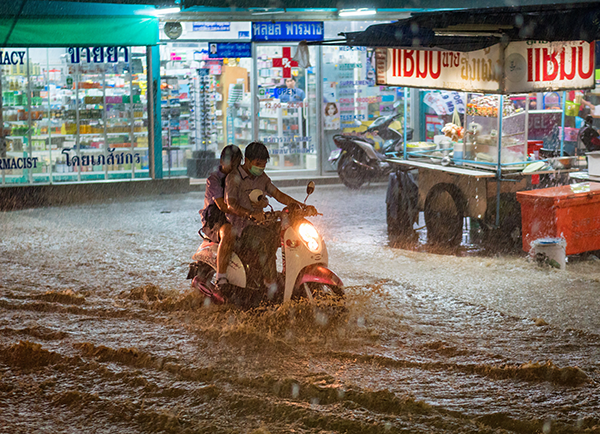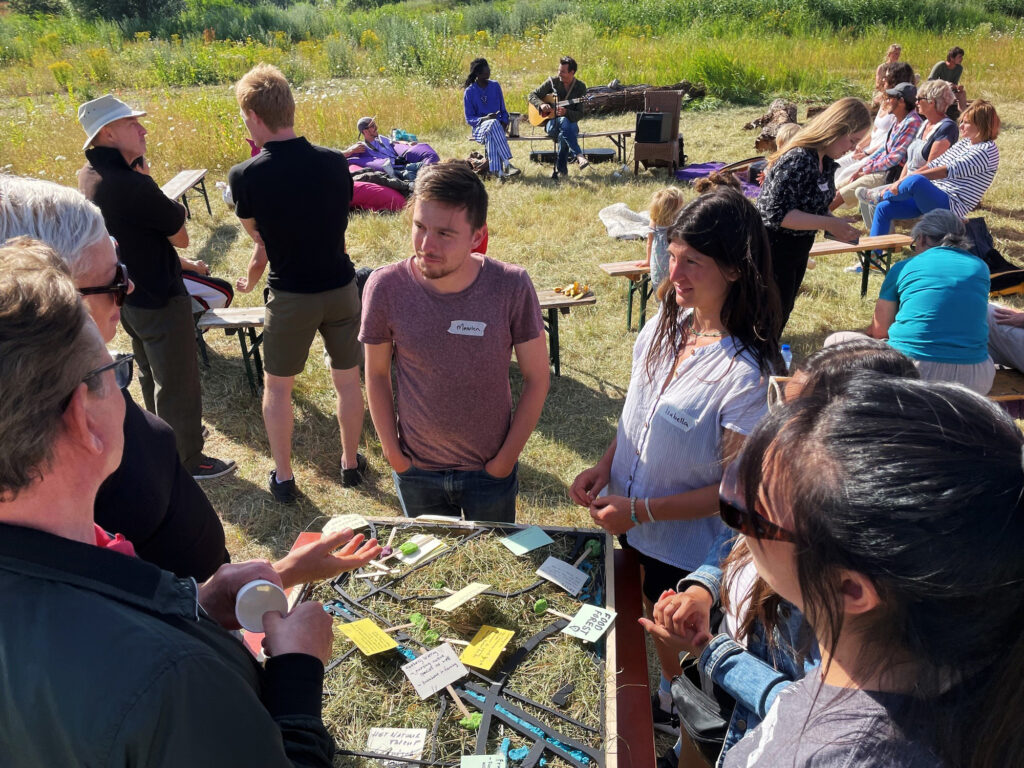The EWUU alliance organizes Challenge Based courses for third-year bachelor students and master students from TU/e, WUR, UU and UMC Utrecht. Below are some examples of these courses.





Recent challenges
- Bio-med-tech Interdisciplinary Team Training (BITT)
In this challenge a current and urgent problem of a patient was the starting point. - The Da Vinci Programme
Do you want to become a change maker who contributes to innovative solutions that make the world more sustainable? Read here more about The Da Vinci Programme. - Dutch Dairy Challenge
The Dutch Dairy Challenge helped dairy farmers to give ‘hands and feet’ to their own innovative and entrepreneurial idea for the future of the dairy farm. - Inter-University Sustainability Challenge
What will the sustainable city of the future look like and how can we achieve sustainable cities? Read here more about the Inter-University Challenge.